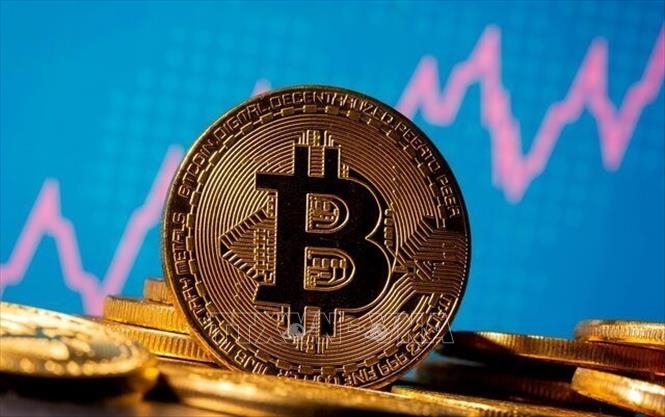
To clarify further, Vietnam News Agency reporter spoke with Lawyer Nguyen Thanh Ha, Chairman of the Board of Directors of SB LAW Company.
Sir, Resolution 05/2025/NQ-CP is considered a major turning point. In your opinion, how will this decision impact the capital mobilization environment and digital financial ecosystem in Vietnam?
This is a breakthrough, because up to now, crypto assets have existed and been traded quite commonly, but the law has not yet regulated them. We can clearly see that these assets are in a "gray area", meaning they are not prohibited, but also not recognized. This situation leads to many risks for both digital asset developers and investors.
The Government's issuance of a pilot Resolution and permission to establish and operate a digital asset trading floor will change the situation. Enterprises will have the opportunity to participate in the market within the framework of legal protection. The State can manage transactions more closely, and investors' rights are also protected. In particular, for the first time, digital assets are recognized by law as a legal asset under the Civil Code, similar to real estate and personal property. This is a new breakthrough, affirming Vietnam's integration with the global digital financial trend.
For the state budget, digital asset transactions will be considered a type of taxable financial transaction, similar to securities. This opens up a new source of revenue, creating stability for the budget. As for investors, the emergence of the digital asset market means they have a new investment and capital mobilization channel, in addition to real estate, securities or goods. For a country with a young population like Vietnam, diverse investment needs and a tendency to access high technology will make digital asset investment channels particularly attractive.
The regulation requires that businesses wishing to set up a digital asset trading floor must have a minimum charter capital of VND10,000 billion, of which at least 35% must be contributed by large financial institutions. What benefits and challenges does this condition bring, sir?
This is a fairly high condition and shows the cautious approach of the Government in the early stages. The goal is to build a trial market but still ensure safety, not to let the situation of massive development happen leading to difficulty in control.
The requirement of a charter capital of VND10,000 billion is a certain barrier, but it has a positive meaning. It ensures that only businesses with truly strong potential participate. When large financial institutions contribute capital, businesses will be supported not only financially but also in terms of risk management experience, technology systems and human resources. This helps the exchange to have high stability when put into operation, limiting risks for investors as well as the entire market.
However, this regulation also creates a big challenge for innovative startups. With capital requirements of tens of thousands of billions of VND and the participation of large financial institutions, startups almost have no opportunity to participate in this market. This is a limitation, because in fact, new startups often bring many creative ideas, new technologies and flexibility in business models.
In my opinion, in the long term, the State can consider opening more separate mechanisms suitable for small and medium enterprises, or creative startups. These enterprises can participate in the experiment with smaller capital scale, narrower transaction scope but still under the close supervision of the management agency. This approach both ensures market safety and encourages innovation, not leaving a potential segment behind.
One of the biggest challenges today is human resources and risk management capacity in the field of blockchain and digital assets. In your opinion, what solutions does Vietnam need to prepare to build a solid team of professionals, ensuring transparent and safe market operations?
This is the key point. The reason why it took the Government and the Ministry of Finance many years to issue the Resolution is because there is still a shortage of high-quality human resources in this field.
In fact, even state management agencies do not have many experts with in-depth knowledge of blockchain and digital assets. Document appraisal, licensing review or market supervision all require very deep specialized knowledge, while current human resources cannot meet the requirements. Without careful preparation, market management will face many difficulties and may even lead to great risks.
To overcome this problem, we must first focus on training human resources. Universities and academies need to soon include subjects on blockchain, digital assets and digital financial risk management in their regular programs. When there is a well-trained human resource, the market will have a foundation for sustainable development.
In addition, it is necessary to change management thinking towards openness. The pilot phase must be understood as a process of both doing and adjusting. If the conditions are too strict, it will be difficult for businesses and investors to participate, and it will be difficult for the market to form. On the contrary, when there are many practical activities, the State will have the basis to adjust policies and perfect the legal framework.
One lesson that can be learned from previous experimental areas is that if the requirements are too strict, the model will fail. For example, the sports betting market has not been able to be successfully implemented due to strict conditions. With the digital asset market, this mistake must be avoided. Policies must be strict enough to control risks, but also flexible enough to attract businesses and investors to participate. Only then will the market have the opportunity to form, develop and bring real benefits to the economy .
Source: https://baotintuc.vn/kinh-te/thi-diem-thi-truong-tai-san-so-co-hoi-lon-thach-thuc-nhieu-20250927093058981.htm


![[Photo] Panorama of the 2025 Community Action Awards Final Round](https://vphoto.vietnam.vn/thumb/1200x675/vietnam/resource/IMAGE/2025/11/15/1763206932975_chi-7868-jpg.webp)


![[Photo] Prime Minister Pham Minh Chinh meets with representatives of outstanding teachers](https://vphoto.vietnam.vn/thumb/1200x675/vietnam/resource/IMAGE/2025/11/15/1763215934276_dsc-0578-jpg.webp)
![[Photo] General Secretary To Lam receives Vice President of Luxshare-ICT Group (China)](https://vphoto.vietnam.vn/thumb/1200x675/vietnam/resource/IMAGE/2025/11/15/1763211137119_a1-bnd-7809-8939-jpg.webp)



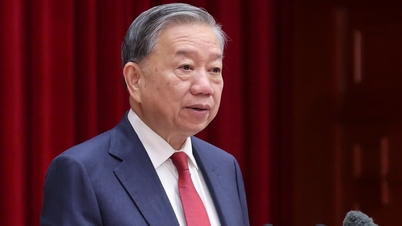

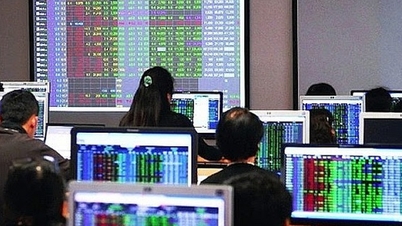

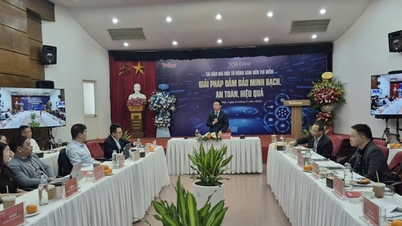

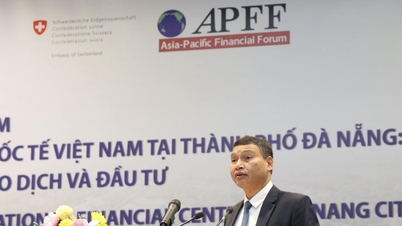

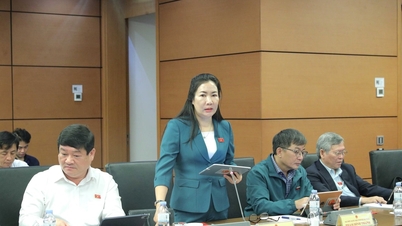








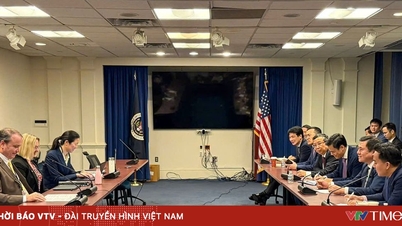




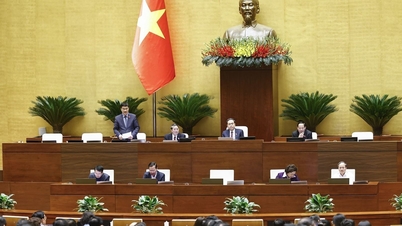
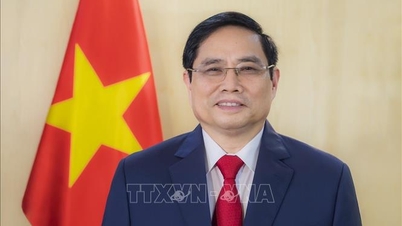

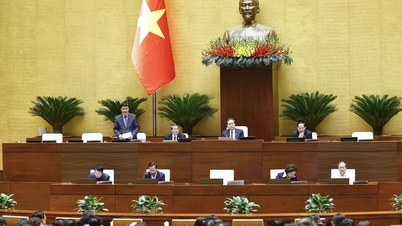





































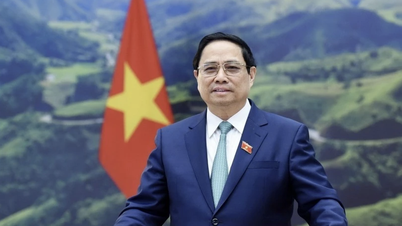













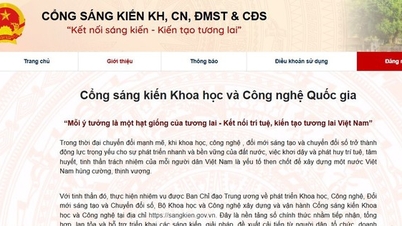







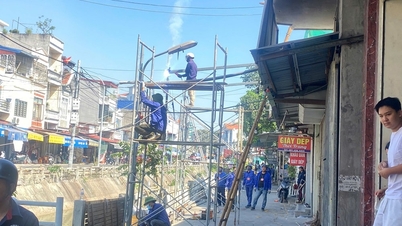











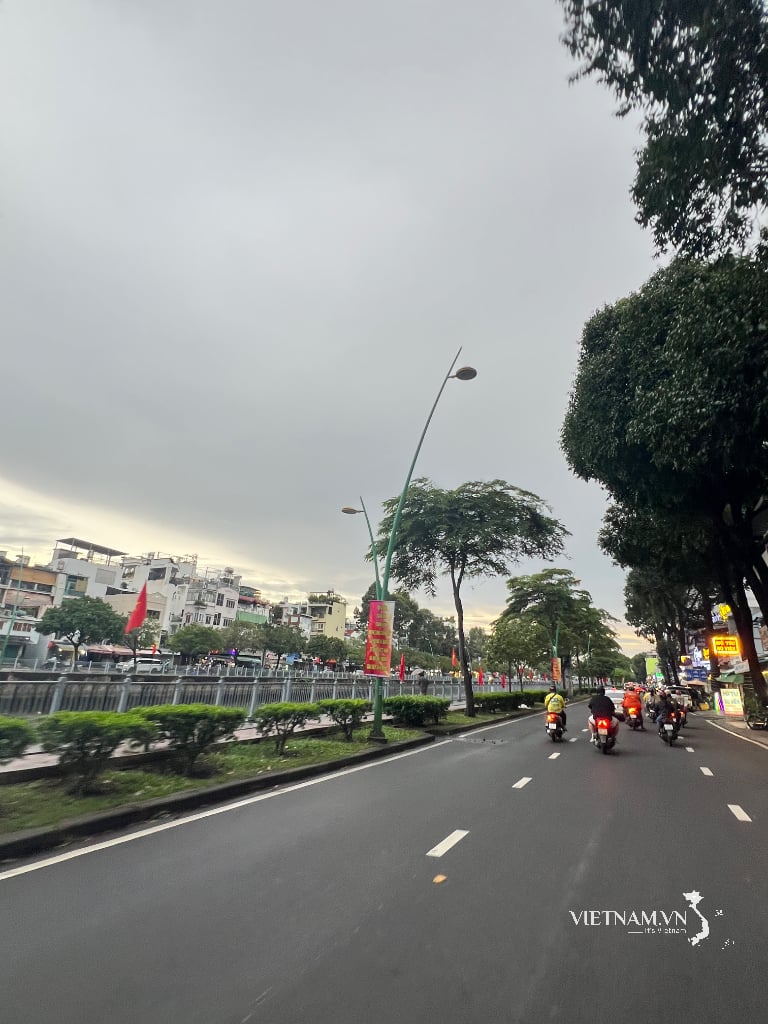
Comment (0)